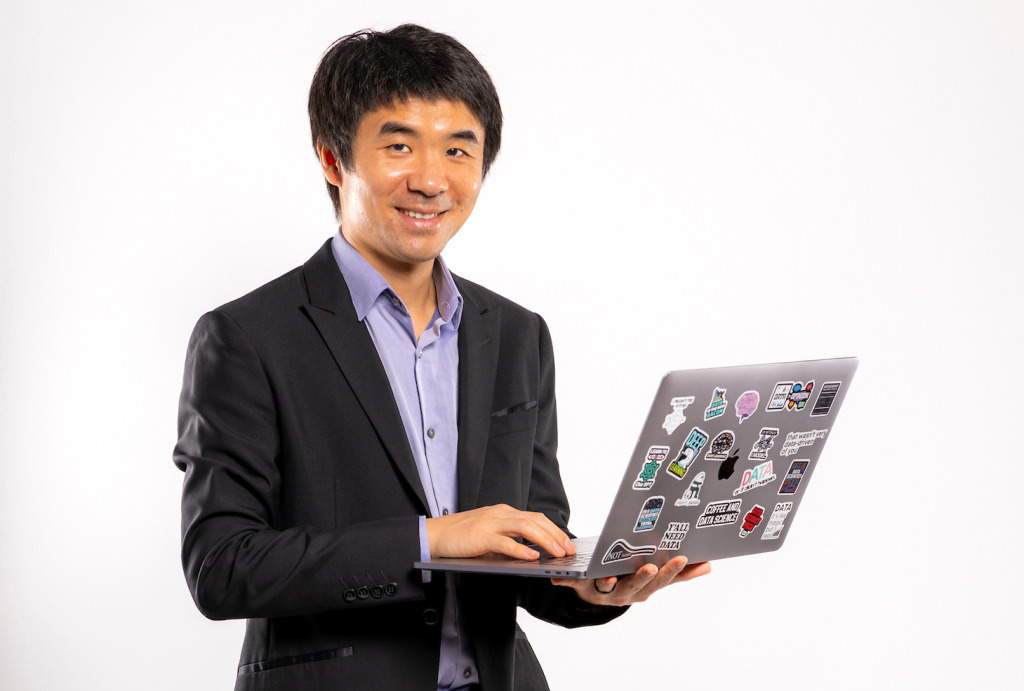From Data to Real-World Impact
Empowering students with data literacy for a technology-driven future

Assistant Professor of Management Information Systems Long Xia
A central tenet of my teaching philosophy is to show students that the skills they are learning today can make a meaningful impact tomorrow. Data is omnipresent in today’s world, and helping students cultivate the skills to understand it ensures they can successfully navigate it in their future careers and lives.
From health care and finance to social media and business operations, data powers the systems we depend on daily. As AI and data-driven technologies revolutionize industries, the divide between those who can harness data’s power and those who cannot is widening. This gap limits individual potential and poses challenges for communities addressing complex problems.
The barriers to data literacy are significant. Many people still view data science and AI as niche fields for experts. The complexity of these technologies can intimidate those who might benefit most from them. Without guidance, students, professionals and citizens may struggle to keep pace with rapid technological evolution and risk falling behind.
In every course, I aim to connect the applications of AI and data techniques to solving real-world problems. Whether it’s using AI to improve health care outcomes or analyzing social media trends to predict market behavior, I challenge students to think critically about how data can be used to drive positive change. At the graduate level, I championed the creation of a certificate in health care analytics, which equips professionals with the knowledge to tackle existing health care challenges and drive AI-assisted solutions, positioning themselves at the forefront of health care innovations.
By teaching students how to use AI and data tools responsibly, we empower them to make a difference in their communities and industries.
Many students come to class intimidated by ai’s technicalities, but I show them how these tools can solve everyday challenges. For instance, in one assignment, students learn how to ethically collect job data, use OpenAI’s api to enhance their resumes, and leverage ai to make job applications more efficient. These real-world skills boost confidence and prepare students for success.
Integrating data literacy into higher education is not just about tech or business jobs; it’s about preparing students to be informed, responsible citizens in a data-driven society. I remind students that AI is not the future — it’s the present. Their ability to understand and shape it will define their success in an evolving job market.
By teaching students how to use AI and data tools responsibly, we empower them to make a difference in their communities and industries. No matter the field, the skills they gain in data literacy will help them become leaders shaping technological change. Our role as educators is to ensure students are equipped to thrive in this new reality.

